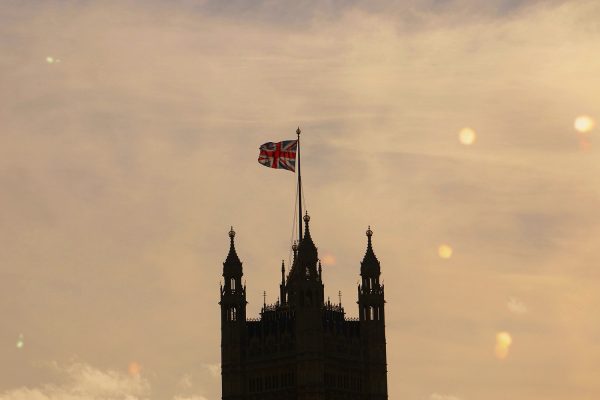
Local elections in the United Kingdom on Thursday provided the biggest litmus test of the parties’ popularity since the 2015 general election.
The results were mixed.
After so many surveys called the last election wrong, pollsters and pundits were more cautious this time around. But two assumptions were nevertheless made: that the English council elections would follow the pattern of punishing the national governing party and that the Scottish National Party would keep its majority north of the border, possibly even wipe out Labour.
Neither of these predictions quite came to pass.
Outnumbering pandas
Starting with Scotland. The Atlantic Sentinel reported earlier in the day that the SNP actually took a small beating, losing absolute control in Holyrood.
The bigger story was how the Conservatives fared.
In 1997, Scotland kicked out every Conservative member of Parliament and since then it has been a running joke that there were more pandas in Scotland than Tory MPs. While this still stands as of the last general election, it is no longer the case in the region itself. Indeed, the Conservatives are now the official opposition in the Scottish Parliament, ahead of Labour.
For the first time in sixty years, the Conservatives beat Labour in both number of votes and seats. It could be that this is the beginning of a new era for Scotland’s Conservatives.
If so, it is Ruth Davidson and her distinctly “un-Tory” image the Conservatives will have to thank.
Not much to see here
Moving south, the main story is what didn’t happen.
As is the case in other democracies, whichever party governs nationally tends to lose midterm or local elections in Britain while the opposition gains. This time, Labour didn’t.
Nor, however, did it lose the hundreds of seats some had seen turning away from Labour as a result of Jeremy Corbyn’s far-left leadership.
In the end, Labour lost 24 seats and control of a single council. The Conservatives lost 35 seats and kept the same number of councils.
The Liberal Democrats, who were decimated in last year’s general election, picked up 39 seats and took over control of one local council.
The United Kingdom Independence Party also had a mildly-rewarding night. It ended up with another 26 councilors.
Wales was a little more disappointing for Labour. The party fell short of a working majority in Cardiff and will probably seek to form a coalition with the Welsh nationalists.
Counting in still underway in the mayoral election in London. But Labour’s Sadiq Khan is on track to succeed the Conservatives’ Boris Johnson there in what could be a boost for Corbyn.
Takeaways
So what can the national parties take away from the night?
Well, if you were Labour, winning London is a big plus, even if Khan’s victory is somewhat — if not more than — offset by a terrible showing in Scotland.
The absence of a bloodbath means Corbyn is probably safe for now. But his party’s inability to capitalize on the divisions inside the ruling Conservative Party over Europe reveals a weakness.
The Conservatives will celebrate their return as a force to be reckoned with in Scotland. Yet like Labour, they should wonder why they weren’t able to vanquish an historically-weak Labour Party that has spent the last few weeks needing to purge antisemites from its ranks.
As for the Liberal Democrats, time will tell if Thursday’s elections were the harbinger of a revival. They certainly did better than expected and they can use all the good news they can get.
